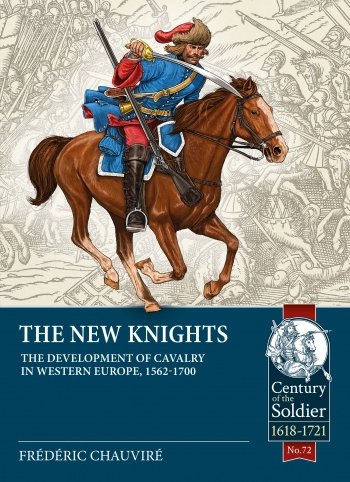-
Załączniki bezpieczeństwa
Załczniki do produktuZałączniki dotyczące bezpieczeństwa produktu zawierają informacje o opakowaniu produktu i mogą dostarczać kluczowych informacji dotyczących bezpieczeństwa konkretnego produktu
-
Informacje o producencie
Informacje o producencieInformacje dotyczące produktu obejmują adres i powiązane dane producenta produktu.HELION
-
Osoba odpowiedzialna w UE
Osoba odpowiedzialna w UEPodmiot gospodarczy z siedzibą w UE zapewniający zgodność produktu z wymaganymi przepisami.
From the middle of the 16th century to the early years of the 18th century, cavalry experienced significant changes in doctrine, deployment, and the equipment it used. The Men-at-Arms, carrying lances and arranged in large formations, were replaced by more lightly-armed cavalrymen fighting with swords and pistols in new and more flexible tactical formations. These transformations have often been interpreted as a symbol of decline in the cavalry, an archaic arm, a conservator of chivalric values, incapable of adapting to the new transformations in the art of war. This book aims to deconstruct this simplifying vision by focusing on an analysis of what constitutes the principal combat action of heavy cavalry: the charge. Whilst centred on France this study refers to the whole of Europe. The battlefields of the French Wars of Religion to the War of the Spanish Succession are examined in detail, along with the types of cavalry, their equipment and how they performed on the battlefield.








